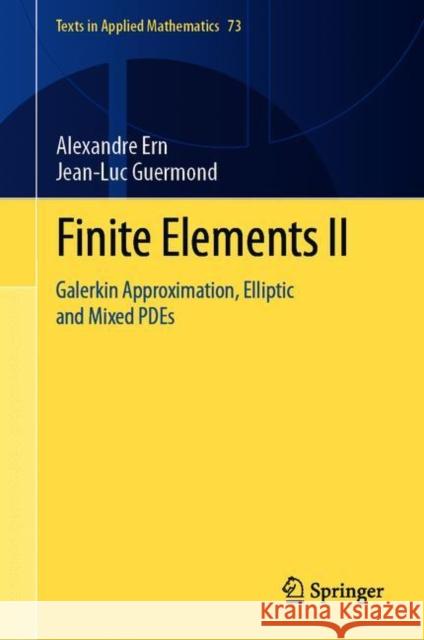Finite Elements II: Galerkin Approximation, Elliptic and Mixed Pdes » książka
topmenu
Finite Elements II: Galerkin Approximation, Elliptic and Mixed Pdes
ISBN-13: 9783030569228 / Angielski / Twarda / 2021 / 492 str.
Finite Elements II: Galerkin Approximation, Elliptic and Mixed Pdes
ISBN-13: 9783030569228 / Angielski / Twarda / 2021 / 492 str.
cena 261,63
(netto: 249,17 VAT: 5%)
Najniższa cena z 30 dni: 250,57
(netto: 249,17 VAT: 5%)
Najniższa cena z 30 dni: 250,57
Termin realizacji zamówienia:
ok. 16-18 dni roboczych.
ok. 16-18 dni roboczych.
Darmowa dostawa!
Kategorie:
Kategorie BISAC:
Wydawca:
Springer
Seria wydawnicza:
Język:
Angielski
ISBN-13:
9783030569228
Rok wydania:
2021
Wydanie:
2021
Numer serii:
000023702
Ilość stron:
492
Waga:
0.95 kg
Wymiary:
23.88 x 19.81 x 2.79
Oprawa:
Twarda
Wolumenów:
01











